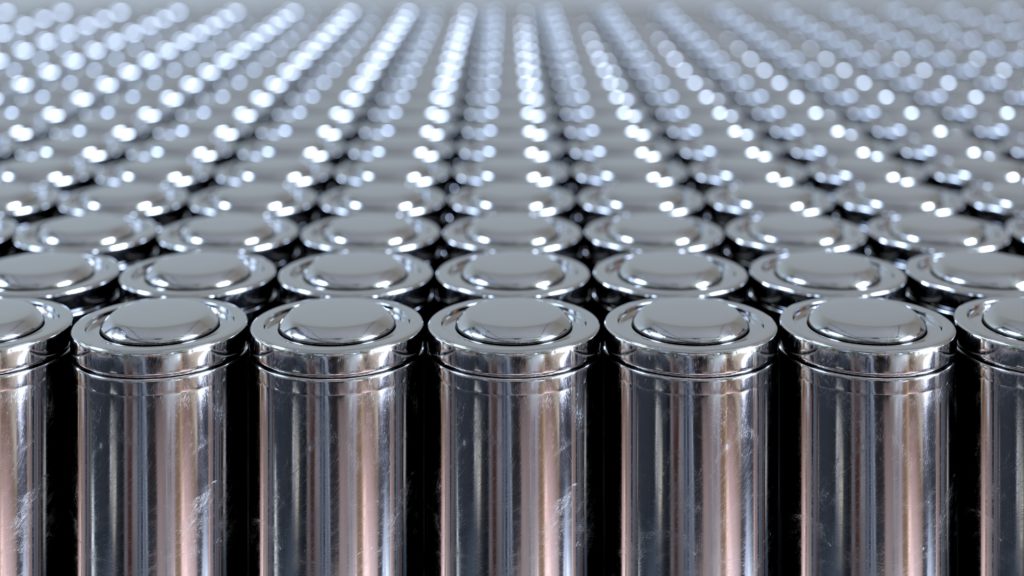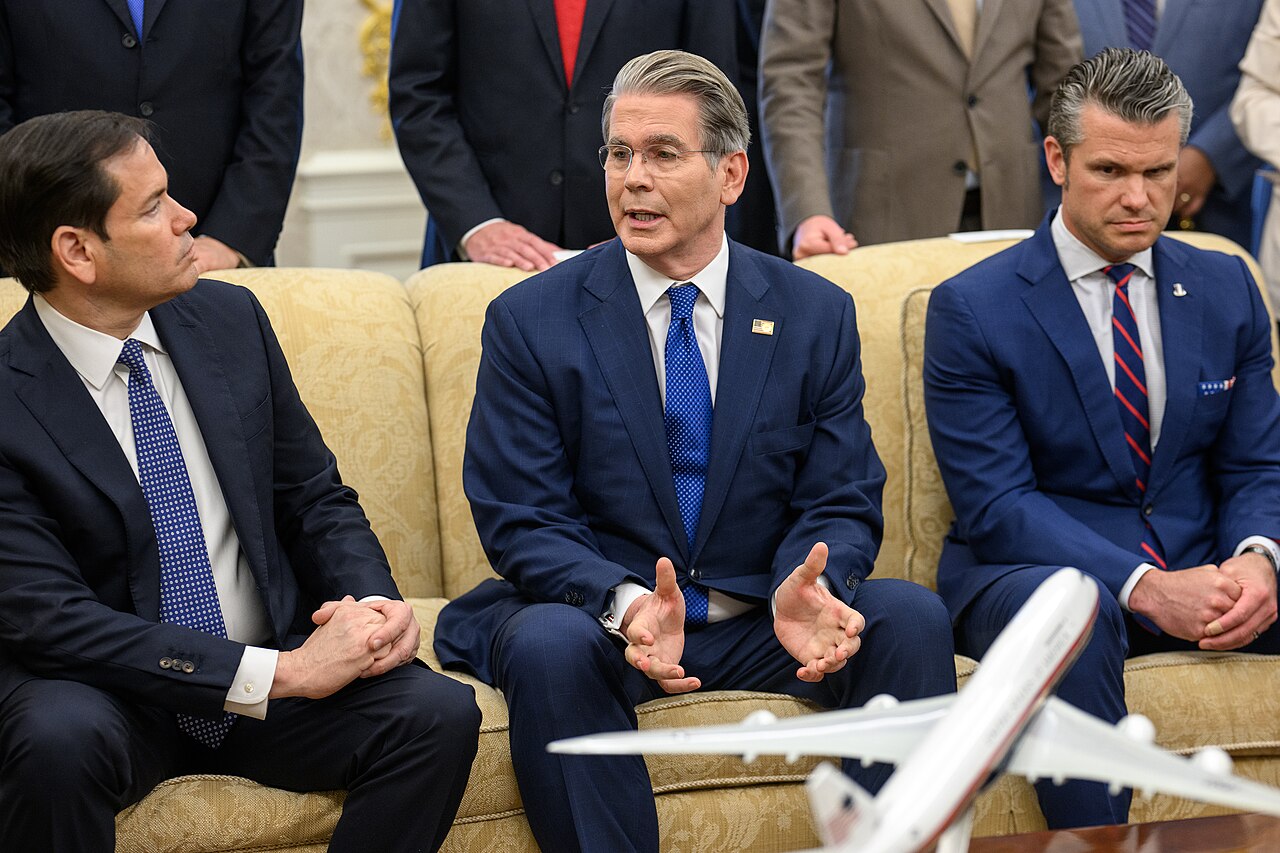Chinese unicorn claims breakthrough with all-weather EV battery

A Chinese battery startup claims to have overcome one of the key sticking points for electric car owners — the loss of power capability and range in cold climates.
Greater Bay Technology says its new Phoenix cell is made with superconducting materials and contains thermal management technology that can heat the battery back from -4F to 77F in five minutes. That allows the lithium ion battery to operate as normal and charge within six minutes in all weather conditions, according to Huang Xiangdong, Greater Bay’s co-founder and chairman.
“We all know the range of EVs is greatly affected in cold regions, making it a terrible user experience,” said Huang. “The Phoenix battery not only addresses the long charging time for EVs, but other pain points. It doesn’t matter if it’s a hot day or a cold day, the Phoenix battery’s range won’t be affected.”
Spun out of state-owned automaker Guangzhou Automobile Group Co. in 2020, the startup is a new entrant to China’s battery-making industry which includes major players such as Contemporary Amperex Technology Co., BYD Co. and Gotion High-tech Co. — who are all working on new batteries to make EVs safer, faster to charge and drive longer distances.
Read More: China’s EV battery sector is preparing a new breakthrough
Greater Bay has already become a unicorn — a startup valued at over $1 billion — within two years of its founding. Its first generation battery is an extreme fast charge cell, which aims to recharge an EV in the same amount of time it takes to refill a fuel tank. It’s said to fully charge within 15 minutes for an average range of 500 kilometers (310 miles) on a charger with sufficient output. This battery is fitted in the V Plus electric SUV from GAC’s Aion, the third-most popular EV brand in China behind BYD and Tesla Inc.
Huang studied automotive engineering in Italy during the 1980s and did postdoctoral work at Fiat’s research center for five years before returning to China in 1991 to teach. He headed GAC’s R&D Center for 10 years from 2006, during which time many of the company’s popular models such as the GS4 SUV were developed. Huang retired in 2016 but later co-founded Greater Bay in 2020 with fellow GAC veteran Pei Feng, who serves as the startup’s chief executive officer.
While the journey from development and lab testing to mass production will take some time, the Phoenix battery will be powering some of Aion’s EVs next year and the startup is also in talks with other carmakers to use the cell, which has a range of 1,000 kilometers in a single charge according to Huang.
“Once EVs can be driven and maintained like gasoline cars, then there’s a greater chance for mass adoption,” he said.
(By Linda Lew)
More News
{{ commodity.name }}
{{ post.title }}
{{ post.date }}




Comments